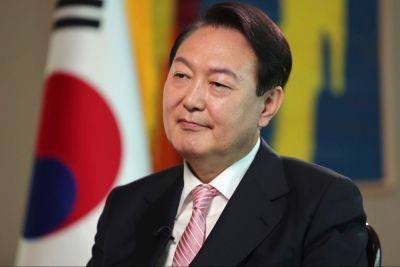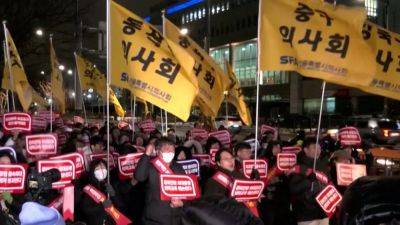As Doctors’ Walkout Drags On, Some South Koreans Are Losing Patience
Six weeks after thousands of residents and interns at South Korean hospitals walked off the job, frustration is rising.
Patients have filed more than 2,000 complaints about surgeries and other treatments being postponed, canceled or refused, according to the national health ministry. Hospitals have closed wards and restructured staff. Nurses have taken on duties usually performed by physicians, and military doctors have been deployed to public health centers.
Much of the anger over the disruptions is aimed at President Yoon Suk Yeol, who has not backed down from his proposal to dramatically expand medical school admissions to address a shortage of physicians. The young doctors who walked out in February to protest that plan say it wouldn’t solve the health care system’s problems.
But many people are also exasperated with the doctors, despite the exalted position that physicians hold in South Korea’s hierarchical society. Critics accuse them of trying to protect their elite status, and their income, by keeping the number of doctors low.
“Doctors are one of the richest and most powerful groups in Korea,” said Lee Chun-hee, a 26-year-old office worker in Seoul. “They need to be humbled.”







